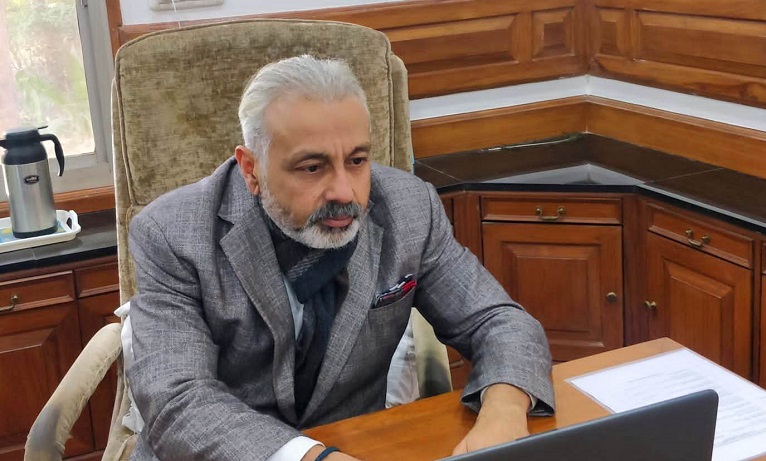Does CUET reduce Students’ pressure-A Bane or Beacon for Students
Last year, the Union government announced that all admissions to Central Universities for undergraduate courses would be decided by a Common University Entrance Test (CUET). The CUET’s goals are admirable, and it is likely that this will change the education landscape in a few years. After all, unreasonable high school cutoffs are a legitimate concern, and the CUET may, in the long run, level the playing field for students across the country. However, there are more arguments against the common entrance exam than for it.
The concept of bringing uniformity to the admissions process via a centralized exam is not novel. In 2010, the Central University CET was used for admission to 1,500 seats in seven new Central universities. By 2020, the entrance examination had grown to include 14 new central universities and four state universities. The real question here is whether the Common Entrance Test is more discriminatory than the previous method of admitting students based on their performance in board exams.
“Because of its objective nature, any selection exam is discriminatory in nature. Whether it’s a board exam or a CUET, the explicit/benign goal is to select a few students for a specific course, scholarship, job, etc. For example, a cobbler’s son studying in a poorly equipped school with no parental support suddenly finds himself competing with, say, a university professor’s son studying in an elite private institution. The exam grades them both on the same criteria, with no exceptions for the former.
No single approach or mode of assessment, particularly one based on the double anonymity of both the assessor and the assessed, can adequately serve students from marginalized backgrounds. But, once again, in a country like India, where the number of applicants is proportionately greater than the number of available positions, what else can we do? Personally, I believe that in this increasingly digital age, media can play a significant role in effecting change. We might be able to solve this problem if they showed half as much interest in showing discussions and debates on providing equitable educational opportunities and/or addressing the constraints of diverse home backgrounds, rather than playing controversial topics. Of course, it must begin with society; otherwise, there will be no fair and equitable common assessment framework for distributing/withholding limited rewards,” says Anoop Singh Bishnoi.




Comments
Post a Comment